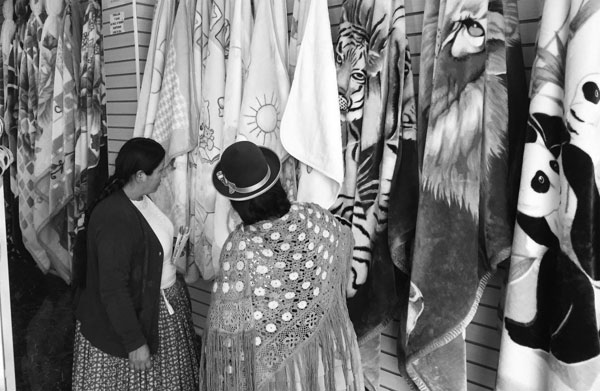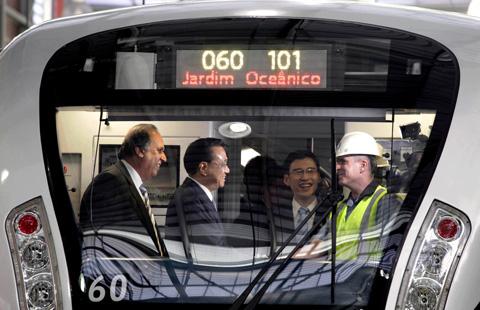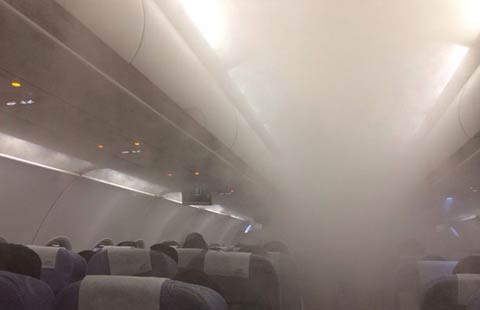Chinese importer finds a home in trade zone
Updated: 2015-05-25 10:30
By Pu Zhendong and Zhang Xia(China Daily USA)
|
||||||||
|
Customers select Chinese products in Dai Weixing's store in Iquique, Chile. Provided to China Daily |
Chile's far-northern Iquique still remains largely unknown in China, even though it holds South America's largest free trade area with almost one-fourth of its population enjoying an unusual Chinese ancestry.
"Some Chinese may have heard of Iquique only because of the 8.2-magnitude earthquake that struck the area in April last year," said Dai Weixing, general manager of Import Export Unisat Chile Ltd, which has been based for more than a decade in Iquique, a Pacific coastal city 1,800 kilometers north of the capital, Santiago.
Dai, 45, first went to the South American country in 1998, inspired by his college friend who was then working in Chile, to investigate the "open and transparent" market. Soon, the two found opportunities in trans-Pacific trading.
"Iquique has been one of the most mature, well-functioning and cleanest trading platforms in South America. Its tax-free policy can avoid double taxation for Chinese products when entering other regional markets," Dai said. "Also, China's expanding economic power and increasing presence in South America has drawn local government's extra attention to the Chinese business community."
Dai and his friend created their company in 1999 in the Free Trade Zone of Iquique, also known as Zofri. It focused on shipping Chinese textile and apparel products to Iquique, then distributed them to neighboring countries including Peru, Paraguay and Bolivia.

With more than 200 hectares of industrial and commercial space, Zofri has seen explosive growth since its establishment in 1975, given its ideal location and huge interest from China and the United States. More than 1,600 companies are making use of the favorable tax conditions and local labor force of around 200,000. About 40 percent of products traded in the zone were made in China.
According to Li Jiaoyun, China's consul-general in Iquique, Chinese products accounted for 43 percent of Zofri's total import volume of $4.1 billion last year. Currently, more than 370 Chinese enterprises are operating in Zofri, turning themselves into an indispensable component of local economic and social development.
"Economic connections and personnel exchanges between China and Chile's northern area were greatly strengthened last year," Li said. "The Chinese community has stood united with local people in the face of the destructive earthquake, which has demonstrated deep friendship and integration of the two peoples."
According to Dai, Chile is also one of the world's most seismic countries and is particularly prone to tsunamis, which among other negative factors is likely to undermine investment prospects for newcomers.
"Costs for running a business in Zofri are soaring, with sharp increases in local wages and administration fees. Inconsistent tariff policies from neighboring countries prevent the opening of new markets," Dai said. "The influx of Chinese businesses has also intensified competition."
Contact the writer through puzhendong@chinadaily.com.cn
Most Viewed
Editor's Picks

|

|

|

|

|

|
Today's Top News
Chinese premier arrives in Chile for official visit
John Nash: A life of great struggle and even greater success
Cleveland police say 71 people arrested overnight in protests
US charges a reflection of 'anxiety'
Expansion of free trade possible on Chile visit
Chilean president sees promising prospects for relations with China
Mathematician John Nash killed in car crash
Chinese premier encourages firms to upgrade cooperation with Peru
US Weekly

|

|















